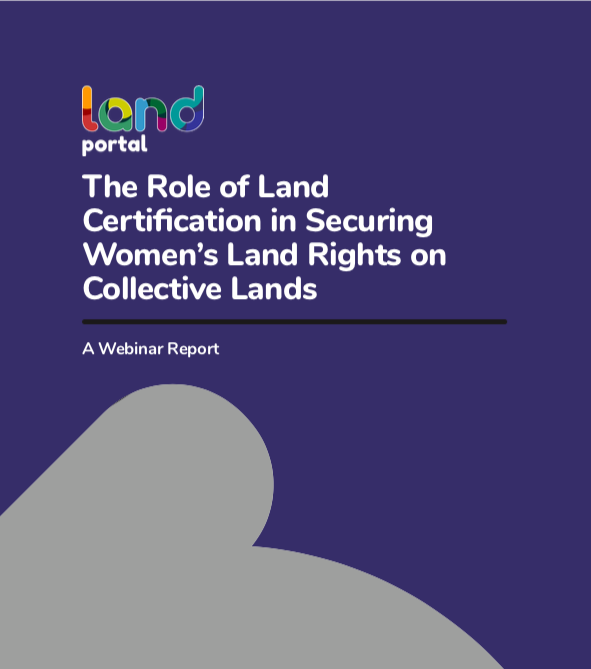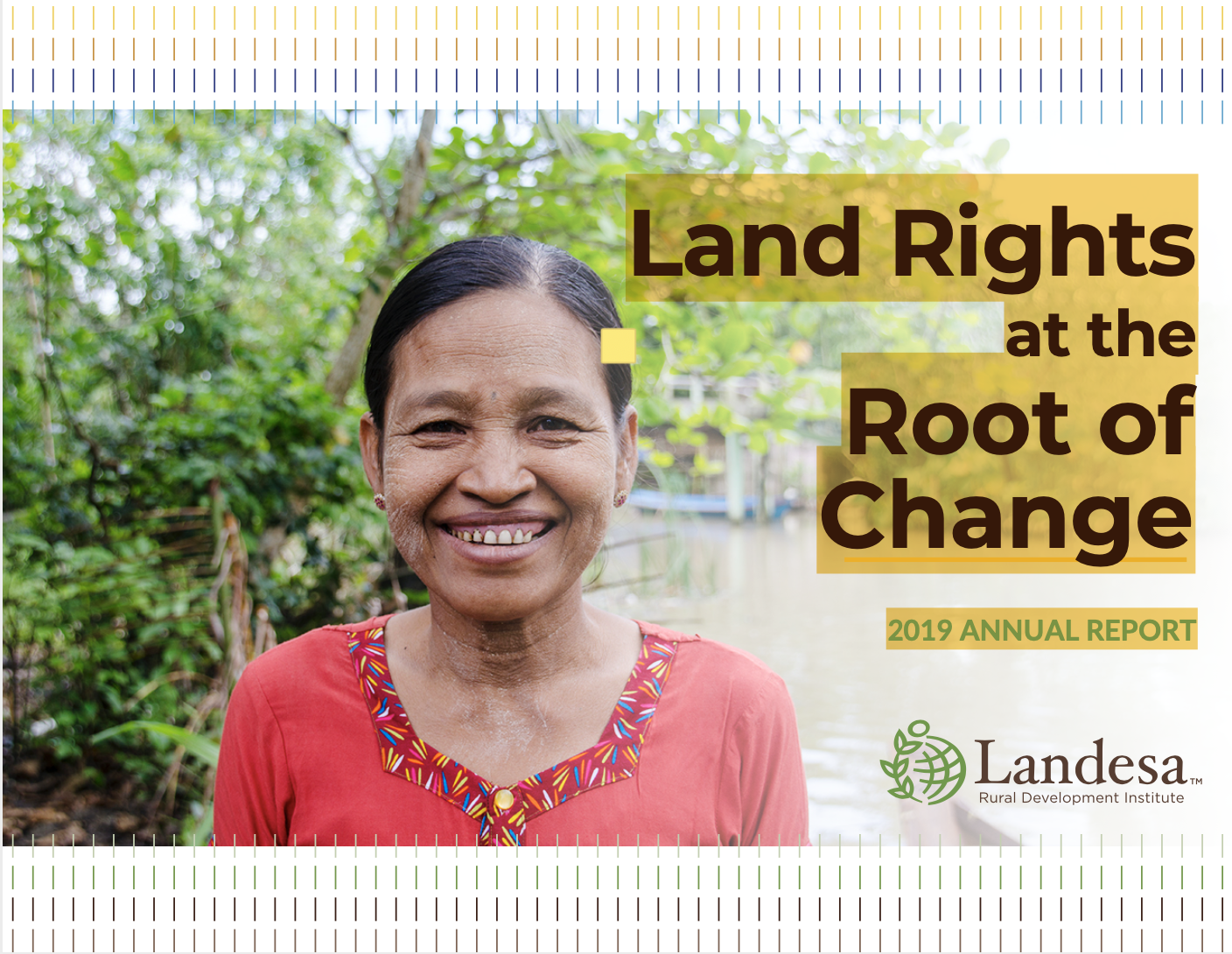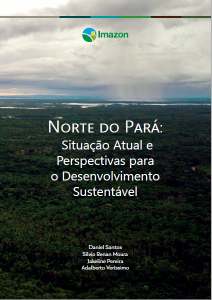Support to Responsible Agricultural Investments Project in Ethiopia
The Support to Responsible Agricultural Investments project (S2RAI) promotes internationally recognised principles and guidelines such as the Voluntary Guidelines on the Responsible Governance of Tenure of Land, Fisheries and Forests (VGGT), and Responsible Agricultural Investment (RAI) to ensure food security and secure land tenure rights for communities in the context of large-scale commercial land investment as well as strengthen the institutional frameworks and coordination structures at federal and regional levels in relations to responsible agricultural investment in Ethiopia.









